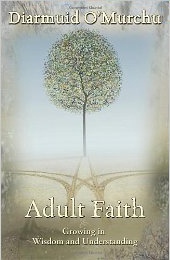Creativity, Competition and Depression
Recently I had cause to reflect on the nature of competition (in this case for a Trademarked name I have).
By its nature, competition reduces everyone to winners or losers with the winners having to 'take' from the losers. It's about dividing the pie more unevenly, whereas creativity and innovation only ADDS to the mix and expands the pie.

